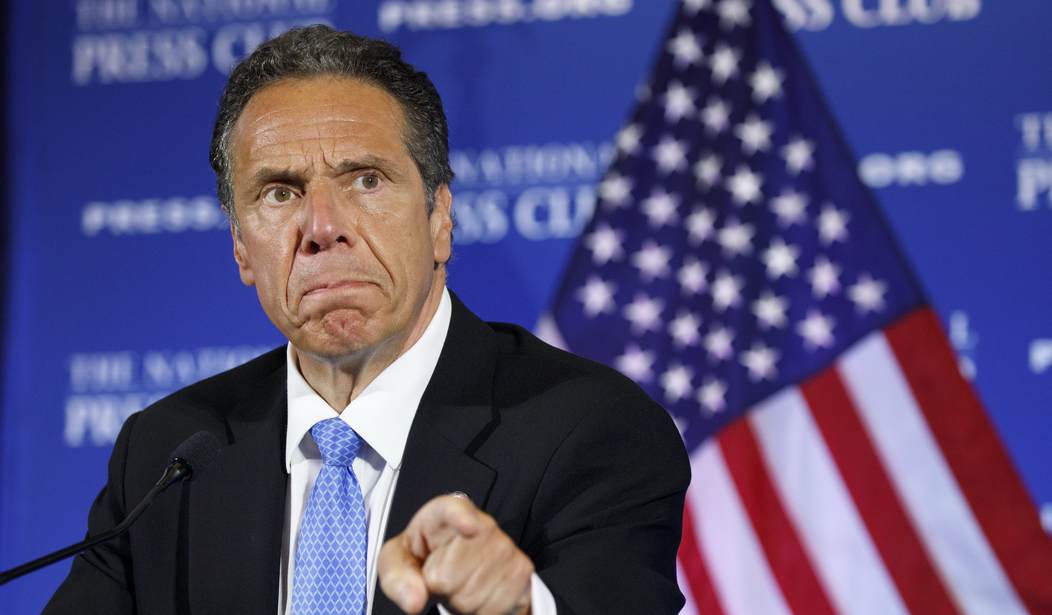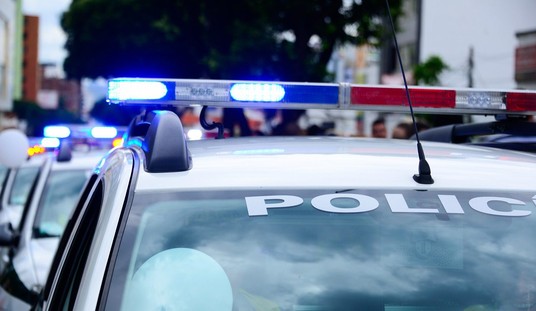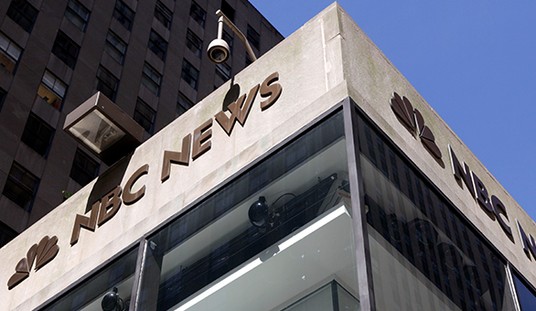A legal challenge to Gov. Andrew Cuomo’s order declaring non-essential businesses, including gun stores, to close because of the COVID-19 coronavirus was dealt a setback this week when a federal judge declared that the Second Amendment rights of New Yorkers weren’t violated by the shutdown of most retailers.
The lawsuit was brought by Long Island-based Dark Storm Industries, which had argued that Cuomo’s non-essential business declaration amounted to a violation of the right to keep and bear arms, since New Yorkers hoping to purchase a firearm would be unable to do so. U.S. District Judge Lawrence Kahn disagreed, however, and in his decision pointed out that plenty of New Yorkers found a way to purchase a firearm since the order went into effect in March.
After the orders were issued, Dark Storm contacted the Cuomo administration, which relayed that the company could continue business with law enforcement and the military, but not civilians. As a result, Dark Storm closed for business, even as other gun sellers such as Walmart, which sells a far broader array of types of goods, were allowed to remain open.
Because guns were available even during the height of the pandemic, Second Amendment rights were not unduly infringed upon, Kahn stated in Wednesday’s ruling.The Cuomo administration “made a policy decision about which businesses qualified as ‘essential’ and which did not. In the face of a global pandemic, the court is loath to second-guess those policy decisions,” Kahn stated in his ruling. “Having found that the burden on plaintiffs’ Second Amendment rights is insubstantial, the court has no need to apply any form of heightened scrutiny to the executive orders.”
The two states that didn’t register any year-over-year increase in firearm background checks were New York and Massachusetts. In New York, the number of checks hovered just below normal levels. In Massachusetts, background checks saw a significant year-over-year decrease, falling 66%…In each of the five states where gun stores were deemed nonessential, The Trace contacted retailers to inquire whether they were open. In Michigan, 15 of 20 stores said that they were open to walk-in customers. The remaining five did not answer their phones. In Washington, all 10 dealers contacted were also selling guns, but some emphasized that they required customers to schedule appointments to ensure social distancing.
In New Mexico, 9 out of 10 dealers contacted were open throughout April; in New York, four out of 10 stores contacted said the same. The remaining stores in both states did not answer calls.









Join the conversation as a VIP Member